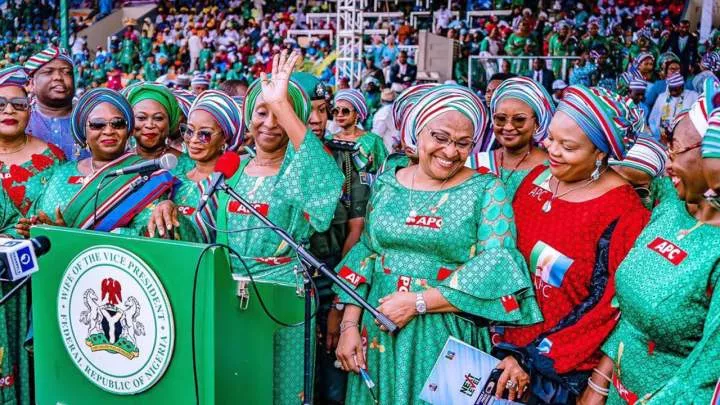
Women are politically very active in Nigeria and make up about 60 per cent of the crowd during campaigns and elections, according to available statistics. One would thus expect that with this level of par- ticipation, the number of women holding political positions, especially elective positions, should be significantly high. Surprisingly, however, this is far from being so in Nigeria. A survey carried out by the News Agency of Nigeria, NAN showed that tra-ditional and cultural values, illiteracy, religion and poor economic standing have continued to hurt women's chances of winning elections in the country. Other factors included Nigeria's rugged political terrain and the fact that women hardly vote for their kind. According to Akpodiogaga Emeyese, former member of the House of Representatives who represented Ethiope Federal Constituency of Delta, traditional and cultural values of Africa and Nigeria in particular, do not really favour the growth or advancement of women in politics. "As Nigerians, we have the belief, whether rightly or wrongly, that the place of the woman is in the kitchen
. "Nothing underscores this belief more than the much-publicised statement of former President Mu- hammed Buhari who said 'the place of the woman is in the other room. "This is the view or belief of the average Nigerian man. It is thus very difficult for an average Nigerian man to al- low his wife to attend political meetings let alone present herself for any elective posi- tion to be voted for." Mr Emeyese said as a re- sult, a very negligible number of women end up participating in active politics and eventually contesting elections. He also said the high level of illiteracy in Nigeria is another factor. "We have a population of more than 200 million people, but Nigeria cannot boast of 80 million educated people.
"This affects the women folk negatively because they are more in number. In such a situation, the illiterate Nigerians, especially the women, neither know their rights nor are they able to champion or fight for them. "The few educated or privileged women are most times too busy working hard to either grow in their chosen careers (which is mostly outside politics), or too busy protecting their marriages to spearhead the political emancipation of the women folk," he said. He also said the nature and circumstances surrounding political events and meetings also discourage women from participating in active and elective politics. "There's no way as at today that you would want to be an active and successful politician without attending late night meetings or meet- ings that could commence at very good time and drag on till very late into the night.

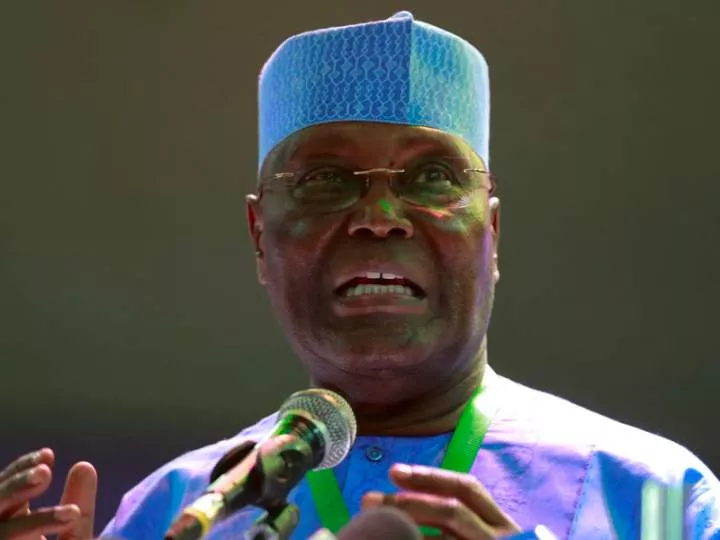
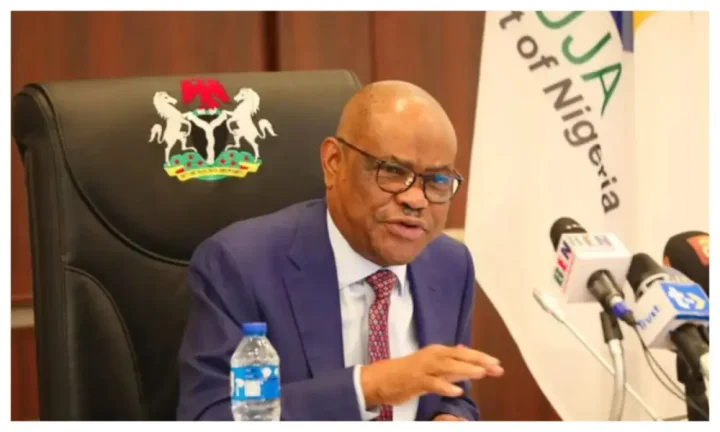
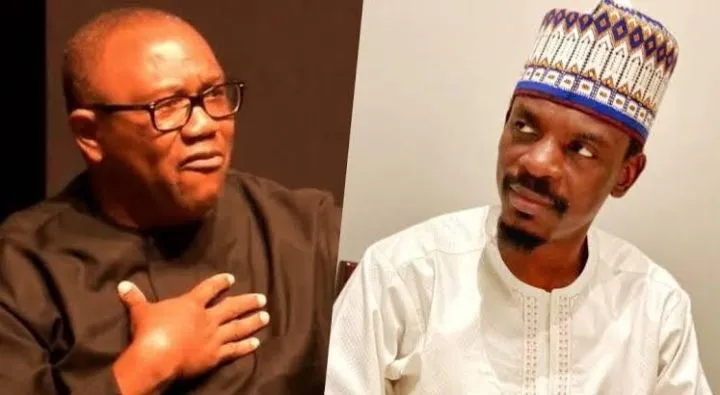
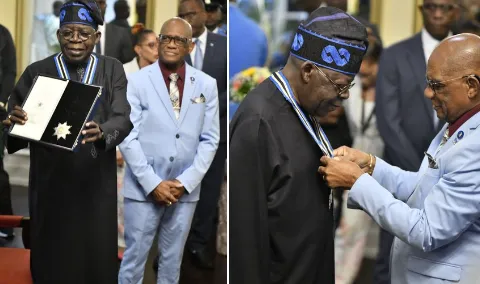
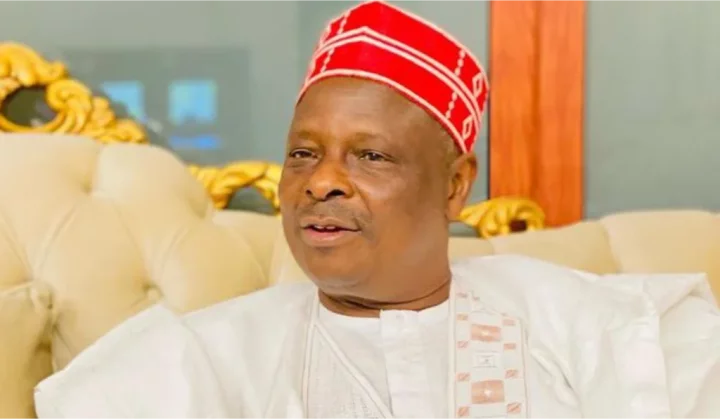
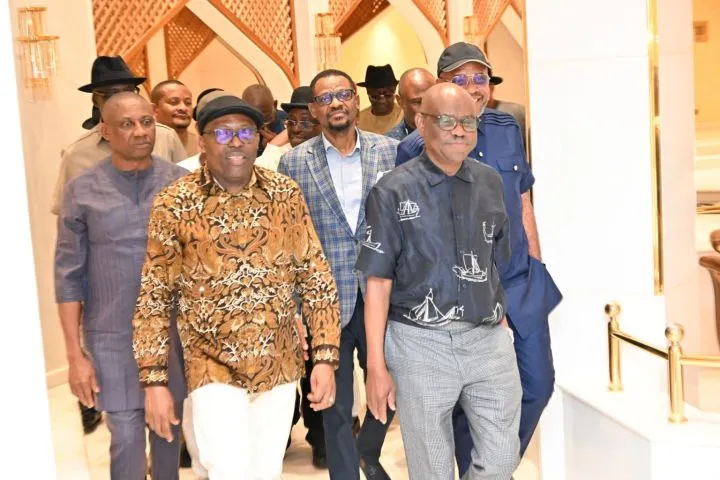
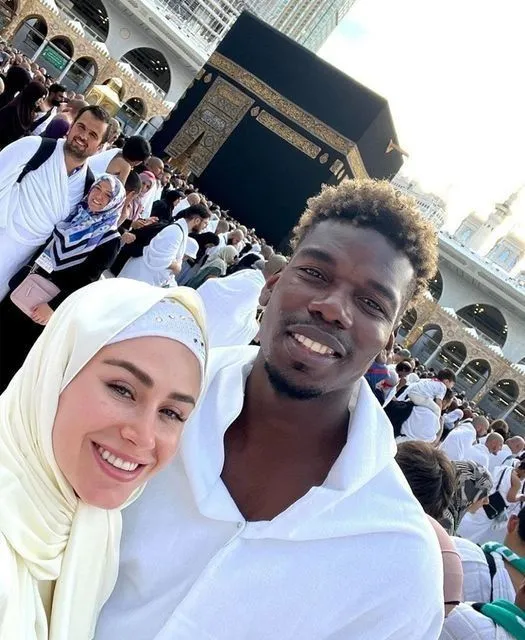

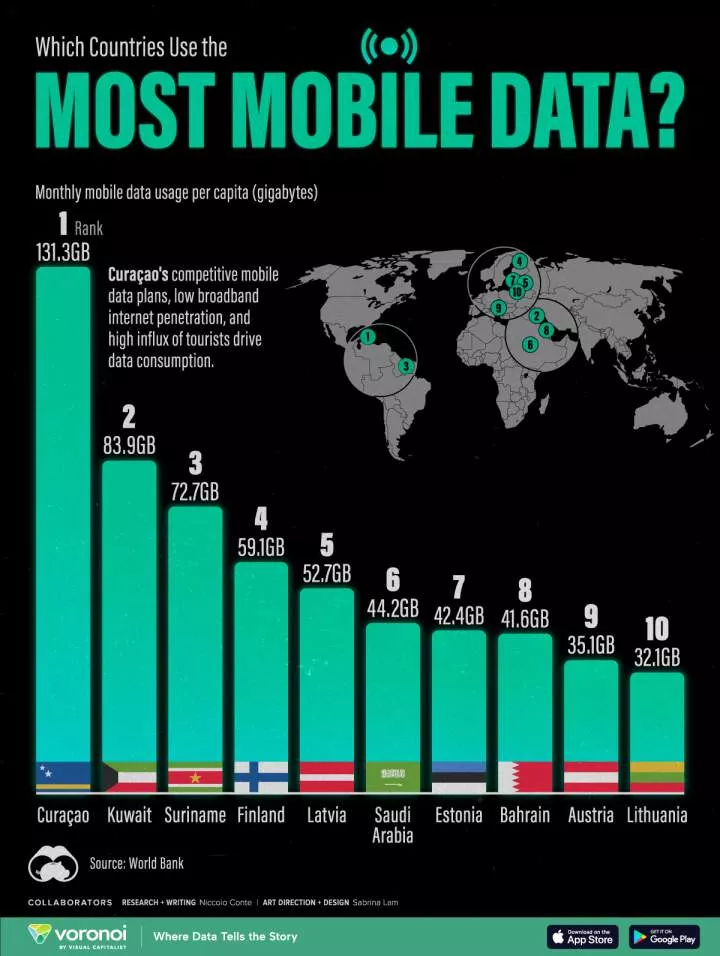


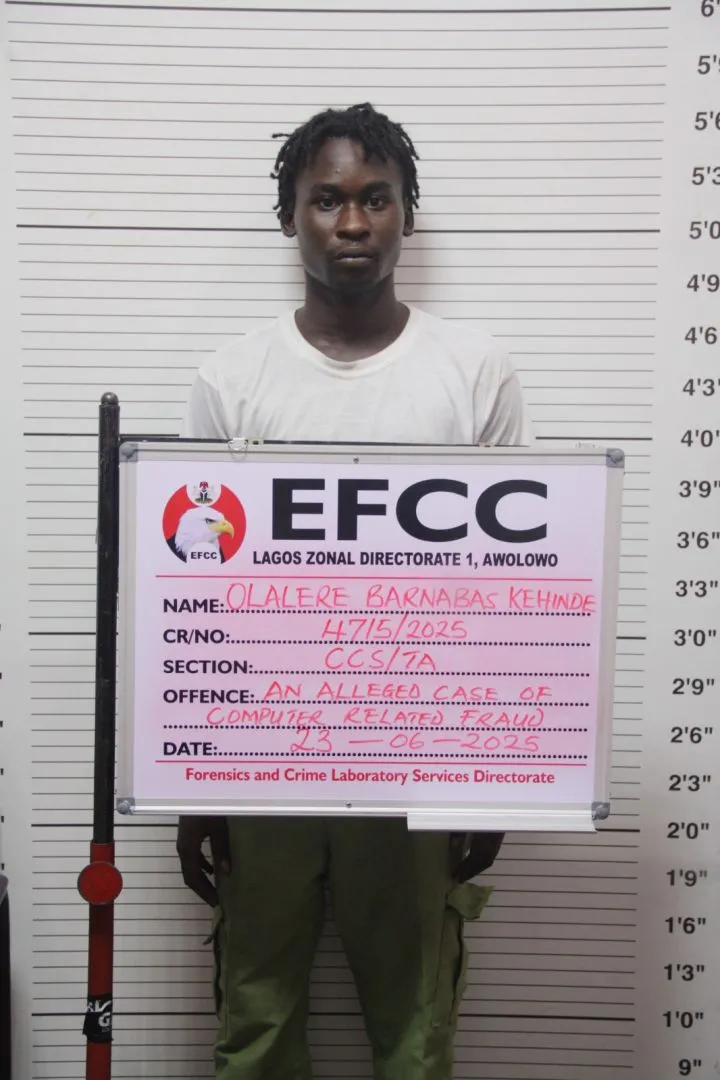
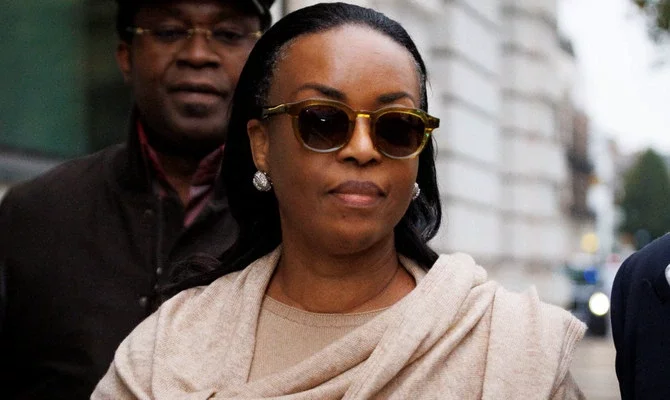
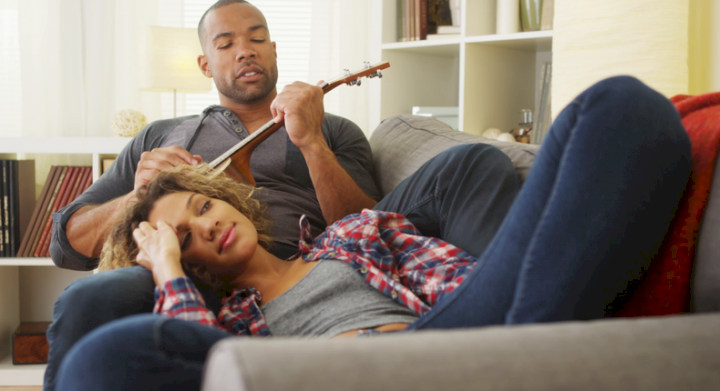

Comments